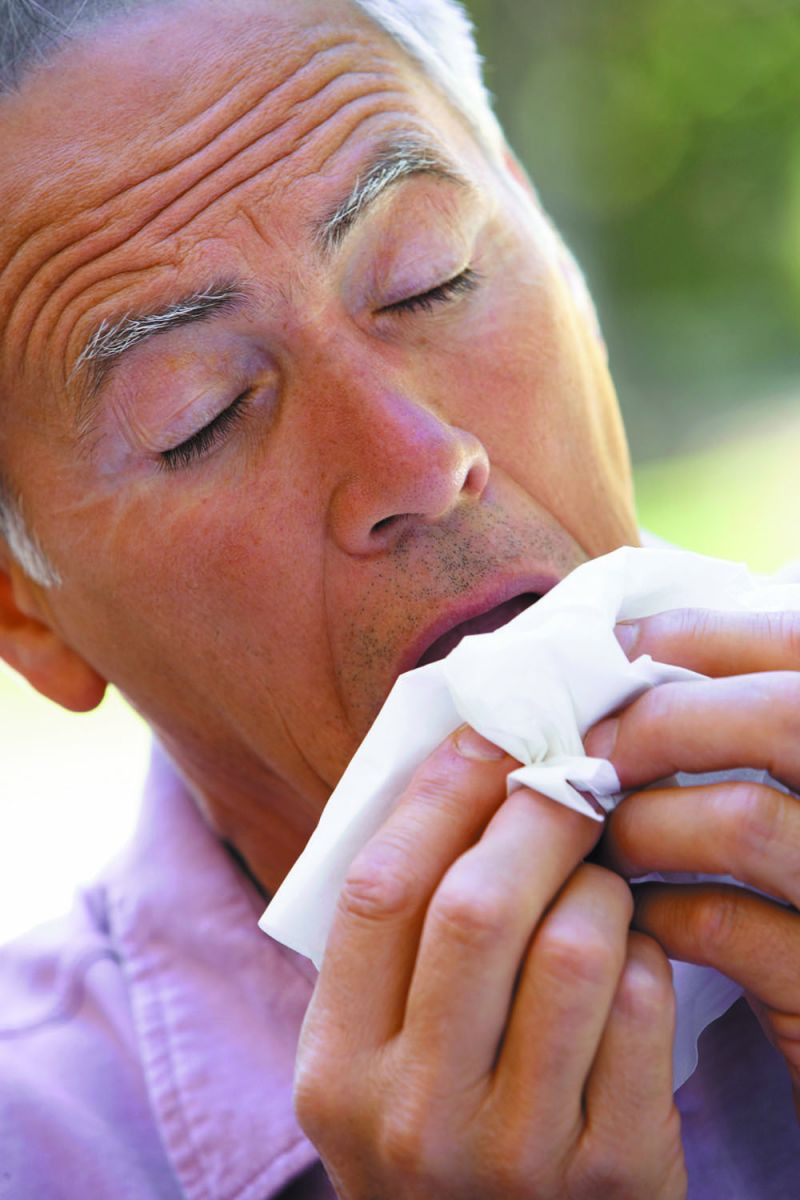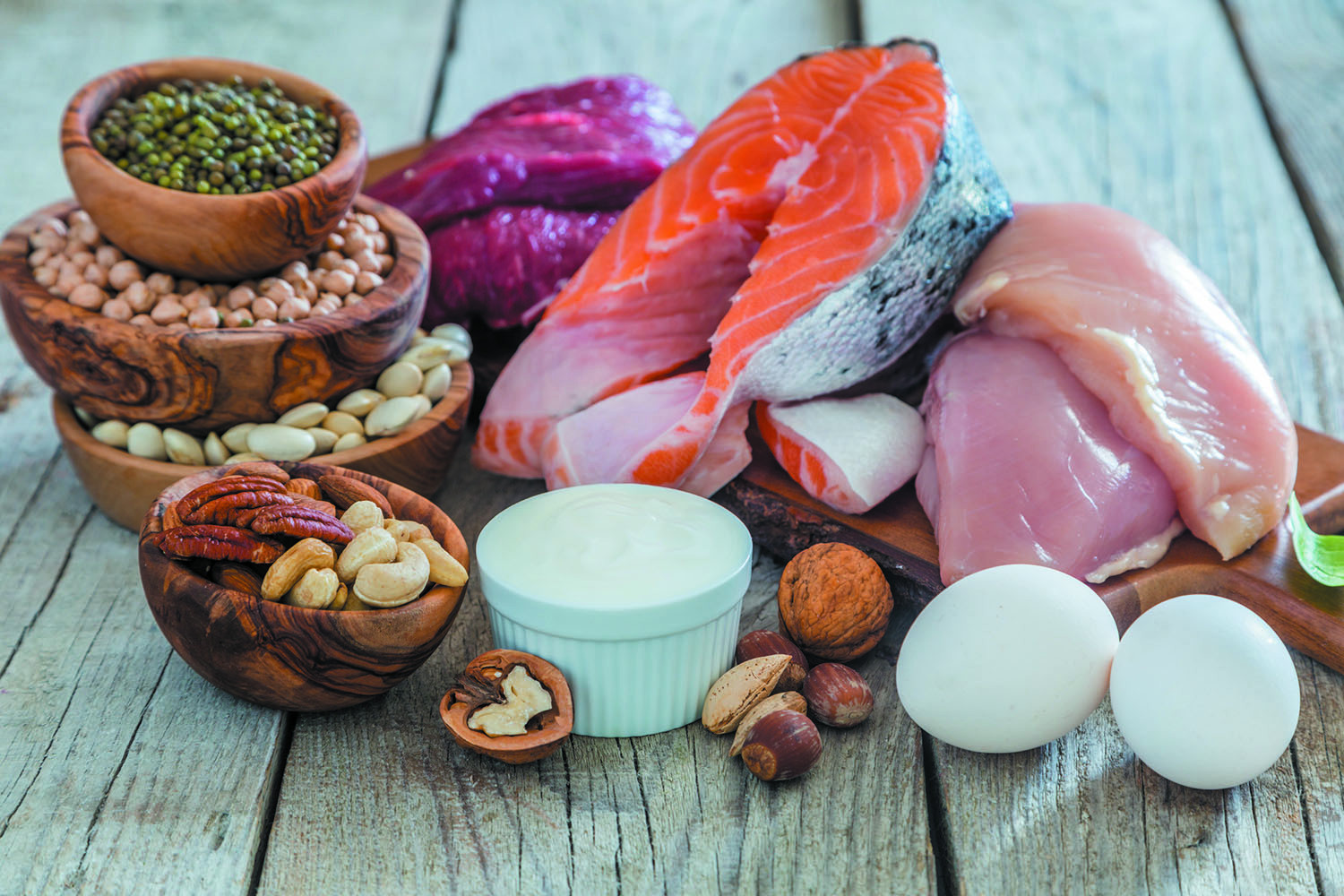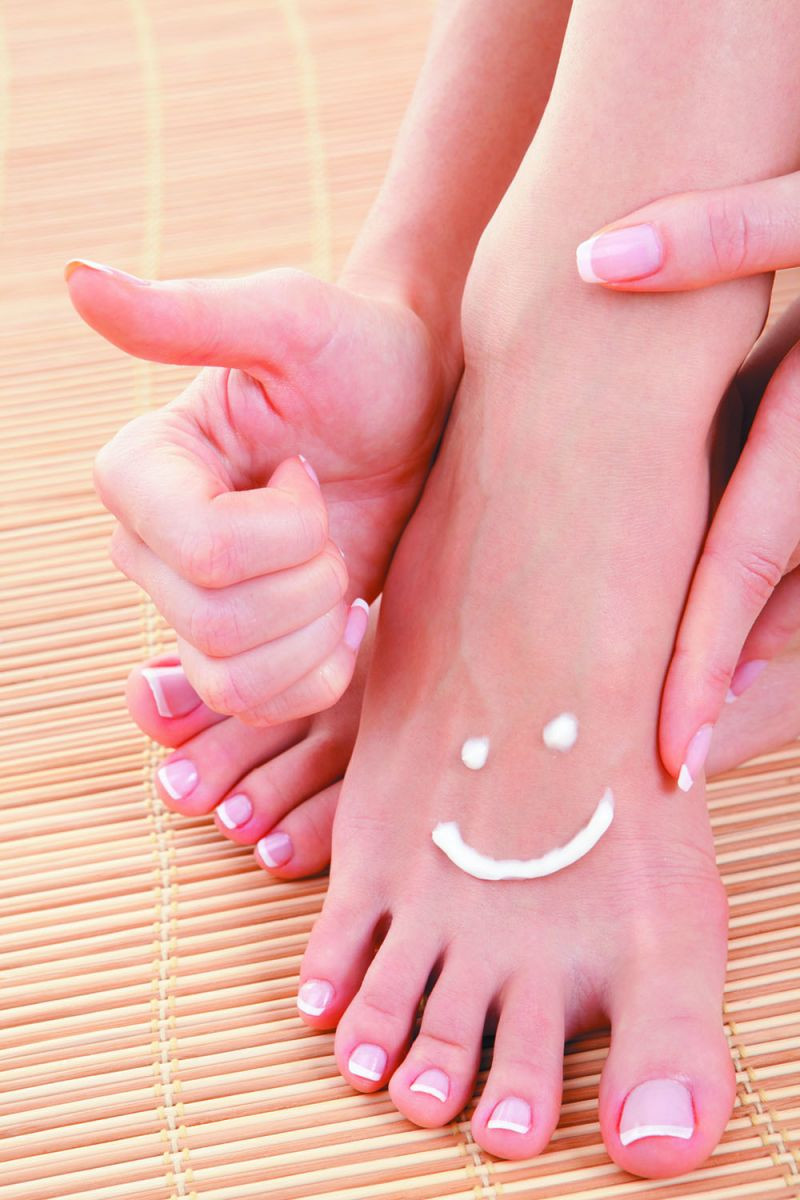
Counting steps is good — is combining steps and heart rate better?

Appendix pain: Could it be appendicitis?

Can saw palmetto treat an enlarged prostate?

How does Ozempic work? Understanding GLP-1s for diabetes, weight loss, and beyond

Zinc: What it does for the body, and the best food sources

Respiratory health harms often follow flooding: Taking these steps can help

Tips to leverage neuroplasticity to maintain cognitive fitness as you age

Can white noise really help you sleep better?

Celiac disease: Exploring four myths

What is prostatitis and how is it treated?
Staying Healthy Archive
Articles
The pursuit of happiness
Research has associated increased happiness with longevity and a lower risk of illness. But can you make yourself happier?
What is the secret to happiness? The answer may be simpler than you think. Most of our ability to be happy is based on genes — some people are just naturally happier than others. But research suggests that 40% of people's happiness comes from the choices they make.
"The idea that you can't be happier is false," says Dr. Robert Waldinger, director of the longest-running study on happiness, the Harvard Study on Adult Development. "We now know a great deal about what does and does not contribute to wellbeing and happiness."
Why do I bruise more easily as I age?
On call
Q. I seem to bruise more frequently as I get older. Even when I have not bumped into anything, I see bruises on my arms. What causes that, and should I be worried?
A. Easy bruising is a common issue for many older men. That's because of a combination of less subcutaneous (fat) tissue and more fragile blood vessels.
Sniffing out sinus relief
The inflammation of chronic sinusitis can be more than just an annoyance. Here's what you can do about flare-ups.
Stuffy nose? Constant blowing? A head on the verge of exploding? Everyone battles clogged sinuses at times, and often the discomfort goes away after a few days. However, if the condition lingers or becomes more severe, you could be battling chronic sinusitis, which can affect your quality of life.
"Besides the stress of dealing with the symptoms, the condition can interfere with your sleep, lead to depression, and keep you from being active," says Dr. Ahmad R. Sedaghat, an otolaryngologist with Harvard-affiliated Massachusetts Eye and Ear Infirmary.
A day at the 5K races
Whether you run or walk, these popular local events can be an effective fitness motivator.
Image: © rihardzz/Thinkstock
Motivation can be one of the greatest obstacles to staying active. If your interest in exercise is waning, consider signing up for a local 5-kilometer (5K) race, which covers 3.1 miles.
"These events are ideal for older men because they can accommodate almost any fitness level and experience," says Michael Clem of the Harvard-affiliated Spaulding National Running Center.
Planning the rest of your life
Health care, living situations, end-of-life decisions. Address them now so you can focus on living your life.
Image: © ChristianChan/Thinkstock
General Dwight Eisenhower once said that plans are nothing, but planning is everything. This sage advice from the man who orchestrated the largest military invasion in history can apply to your life too. His point was that life happens and things change, but you always need to work toward your goal.
For many older men, this means addressing some unpleasant realities like advancing age, financial challenges, and yes, even death.
A new concern about blood pressure and your brain health
Research we're watching
Last month, Harvard Women's Health Watch talked about how high blood pressure can cause a series of tiny strokes that damage your brain, increasing your risk of dementia and cognitive changes. A study in the August 8 issue of Circulation shows that this might not be the only concern when it comes to blood pressure and your mind. Researchers in Japan found that large and frequent fluctuations in blood pressure — not just high blood pressure — was associated with an increased risk of both Alzheimer's disease and vascular dementia.
The study authors asked 1,674 dementia-free participants ages 60 and older to measure their blood pressure at home, three times every morning, for about four weeks. They followed up about five years later to see who went on to develop dementia.
Protein at every meal may help preserve muscle strength as you age
Research we're watching
Image: © a_namenko/Thinkstock
Want to maintain your muscle strength as you age? A study in the July issue of The American Journal of Clinical Nutrition suggests that eating protein at breakfast, lunch, and dinner may help.
While it has been long thought that when you got your protein during the day didn't make a difference as long as your intake was sufficient, emerging research shows that this may not be the case. Researchers in this study looked at a group of 1,741 healthy older men and women in Canada and followed them for three years. They assessed the participants' strength and mobility at the outset of the study, and then tracked their diets and reassessed their strength at the end of the study period. People who ate protein at all three meals throughout the day were stronger at the beginning and the end of the study than those who mostly ate their protein only at dinner — even if they ate roughly the same amount of protein over all.
7 ways to safeguard your feet
Stay ahead of foot problems by inspecting your feet regularly, keeping them flexible, and wearing the right shoes.
Feet are the unsung heroes of mobility, and it's crucial to keep them healthy. Even minor problems with your feet — such as an ingrown toenail or a small cut — can leave you sidelined. "Breaches of the skin can quickly become problems, whether it's a scrape, ulcer, or blister that gets contaminated or becomes infected," says Dr. Christopher DiGiovanni, chief of foot and ankle surgery at Harvard-affiliated Massachusetts General Hospital.
Be proactive, and care for your feet the way you'd maintain any valuable equipment you rely on for mobility. Here are seven ideas to help.

Counting steps is good — is combining steps and heart rate better?

Appendix pain: Could it be appendicitis?

Can saw palmetto treat an enlarged prostate?

How does Ozempic work? Understanding GLP-1s for diabetes, weight loss, and beyond

Zinc: What it does for the body, and the best food sources

Respiratory health harms often follow flooding: Taking these steps can help

Tips to leverage neuroplasticity to maintain cognitive fitness as you age

Can white noise really help you sleep better?

Celiac disease: Exploring four myths

What is prostatitis and how is it treated?
Free Healthbeat Signup
Get the latest in health news delivered to your inbox!
Sign Up











